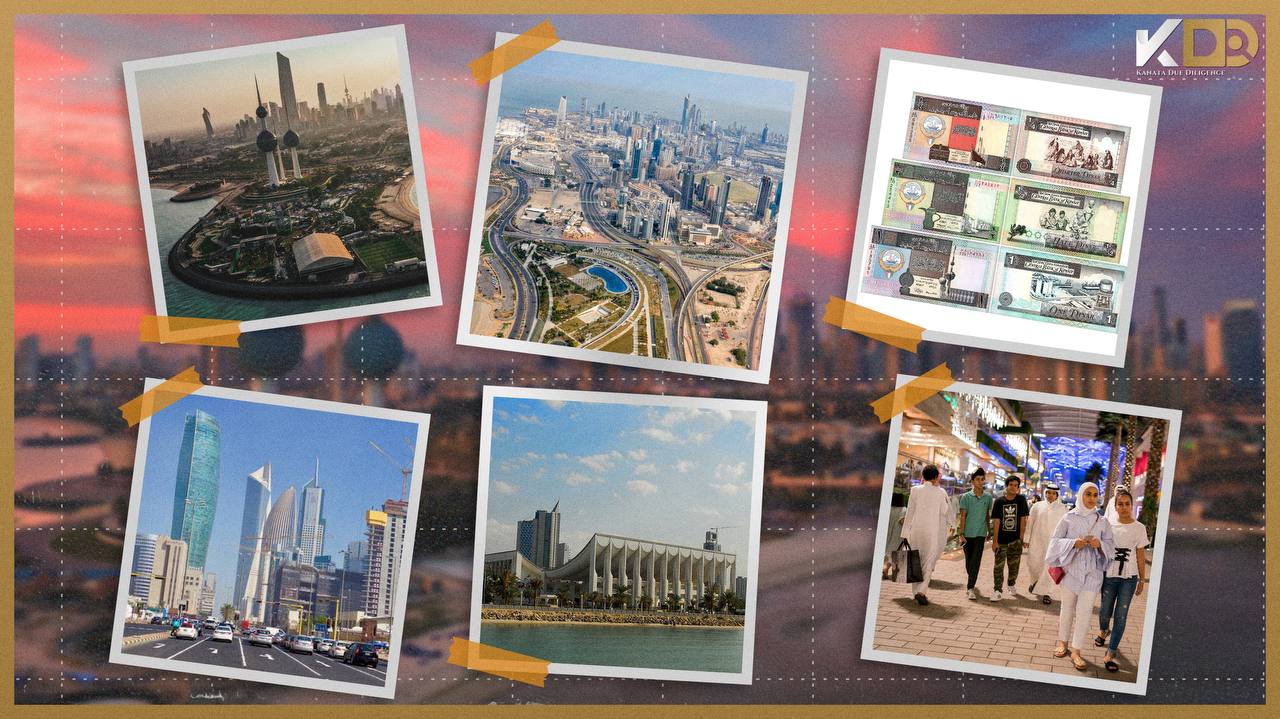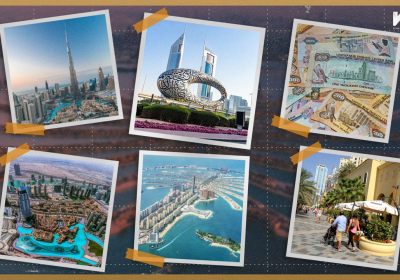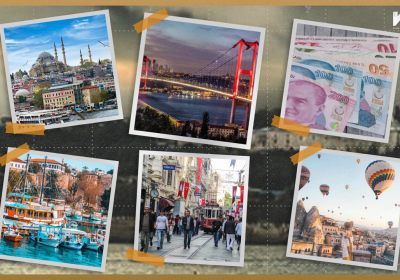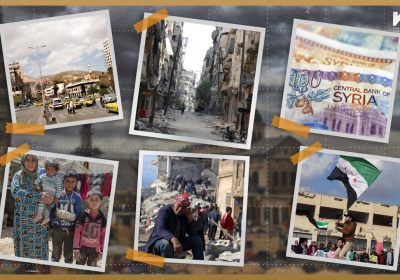Kuwait: An Oasis of Tradition and Modernity in the Arabian Desert

Kuwait, a small but influential nation nestled at the northern tip of the Arabian Peninsula, stands as a testament to the delicate balance between tradition and modernity. This oasis in the desert has played a pivotal role in the region’s history and continues to shape its contemporary landscape.
Strategic Location and Geography: Situated at the head of the Arabian Gulf, Kuwait’s strategic location has made it a vital hub for trade and commerce. The country shares borders with Iraq to the north and west, while the Persian Gulf defines its eastern coastline. Despite its compact size, Kuwait’s geographical significance is far-reaching.
Cultural Heritage and Language: Kuwait takes pride in preserving its cultural heritage, deeply rooted in Bedouin traditions and Islamic values. Arabic is the official language, reflecting the nation’s commitment to its linguistic and cultural roots. Traditional music, dance, and cuisine continue to play a significant role in Kuwaiti society.
Economic Prosperity and Oil Reserves: Kuwait’s wealth is anchored in its significant oil reserves. The discovery of oil in the mid-20th century transformed the nation’s economic landscape, propelling it into a position of economic strength. The oil industry remains central to Kuwait’s prosperity and global standing.
Modern Architecture and Urban Development: Kuwait’s capital, Kuwait City, is a testament to modern architectural marvels. The Kuwait Towers, Liberation Tower, and the Grand Mosque stand as iconic structures, blending modern design with cultural aesthetics. The urban landscape reflects Kuwait’s commitment to progress while maintaining a connection to its heritage.
Social Dynamics and Traditional Values: Kuwaiti society is deeply rooted in traditional Bedouin values, emphasizing hospitality, honor, and community. While modernization has brought changes, these core values continue to shape social interactions and familial ties. The family unit holds paramount importance in Kuwaiti culture.
Diplomatic Role and Global Partnerships: Kuwait plays a significant diplomatic role in the region, often mediating in regional conflicts and fostering international partnerships. The country’s commitment to diplomacy aligns with its historical role as a bridge between various Gulf nations.
Environmental Challenges and Sustainability: Kuwait faces environmental challenges, including desertification and water scarcity. Efforts to address these challenges involve sustainable practices and investments in technology to ensure the responsible use of natural resources.
Challenges and Resilience: Kuwait has faced challenges, including the impact of regional conflicts and fluctuations in oil prices. The nation’s resilience is evident in its ability to navigate challenges, adapt to changing circumstances, and maintain stability.
Mapping Kuwait’s Progress: Exploring Kuwait’s map provides insight into its strategic location, key infrastructure, and the distribution of urban and natural areas. The map showcases Kuwait’s geographical features and its connectivity within the Gulf region.
In conclusion, Kuwait emerges as an oasis where tradition and modernity coexist harmoniously. Its commitment to preserving cultural heritage, navigating economic prosperity, and playing a diplomatic role in the region positions Kuwait as a dynamic force in the Arabian Desert.



Leave a Reply